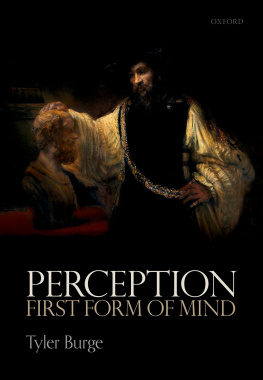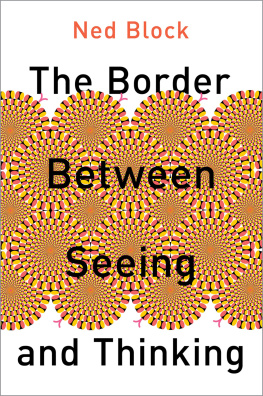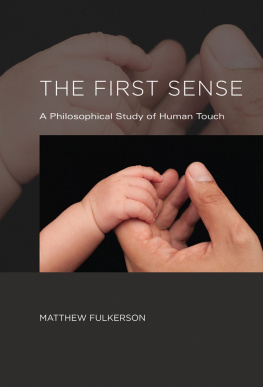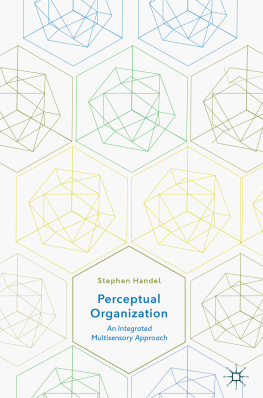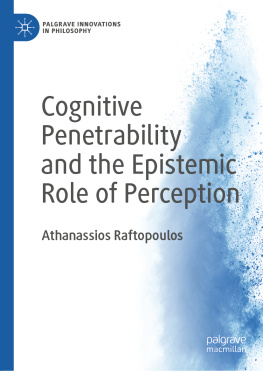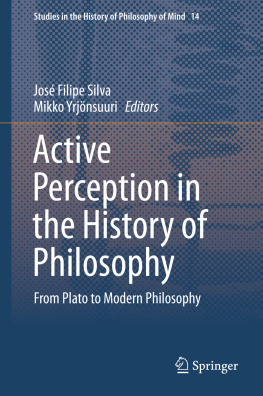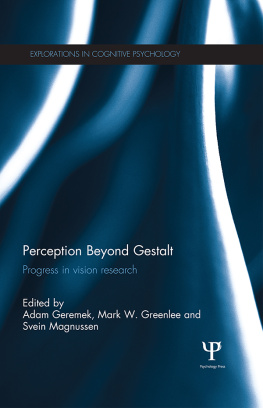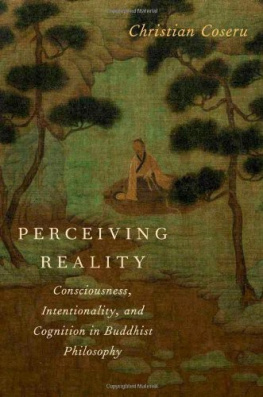Oxford University Press is a department of the University of Oxford. It furthers the Universitys objective of excellence in research, scholarship, and education by publishing worldwide. Oxford is a registered trade mark of Oxford University Press in the UK and in certain other countries
All rights reserved. No part of this publication may be reproduced, stored in a retrieval system, or transmitted, in any form or by any means, without the prior permission in writing of Oxford University Press, or as expressly permitted by law, by licence or under terms agreed with the appropriate reprographics rights organization. Enquiries concerning reproduction outside the scope of the above should be sent to the Rights Department, Oxford University Press, at the address above
You must not circulate this work in any other form and you must impose this same condition on any acquirer
Links to third party websites are provided by Oxford in good faith and for information only. Oxford disclaims any responsibility for the materials contained in any third party website referenced in this work.
Acknowledgments
: Iris Murdoch, Existentialists and Mystics: Writings on Philosophy and Literature, 1950, 1951, 1952, 1956, 1957, 1958, 1959, 1961, 1962, 1964, 1966, 1969, 1970, 1972, 1977, 1978, 1986, 1997 by Iris Murdoch. Used by permission of Penguin Books, an imprint of Penguin Publishing Group, a division of Penguin Random House LLC. All rights reserved.
: Stephen E. Palmer, Vision Science: Photons to Phenomenology, The MIT Press, 1999, p. 32.
: W.G. Sebald, translated by Michael Hulse, from The Rings of Saturn, 1995 by Vito von Eichborn GmbH & Co Verlag KG. Translation 1998 by The Harvill Press. Reprinted by permission of New Directions Publishing Corp.
: William Blake, Notebook, British Library Add MS 49460, 3rd and 4th lines from first draft of the poem.
: Excerpt from Vladimir Nabokov, Speak, Memory: An Autobiography Revisited 1947, 1948, 1949, 1950, 1951, 1967 by Vladimir Nabokov. Used by permission of Alfred A. Knopf, an imprint of the Knopf Doubleday Publishing Group, a division of Penguin Random House LLC. All rights reserved.
: Hans Moravec, Mind Children: The Future of Robot and Human Intelligence, 1988 by Hans Moravec. Cambridge, MA: Harvard University Press.
Preface
This book is not the one that I set out to write over twelve years ago. I had intended to follow Origins of Objectivity with an account of what is distinctive about the main representational capacity more advanced than perception. I thought, and still think, that that capacity is propositional representation. I took some steps in that direction in the Petrus Hispanus Lectures, Lisbon, 2009, and the Nicod Lectures, Paris, 2010, and developed an argument for connecting propositionality, constitutively, with propositional deductive inference. I remain interested in that other book, and hope to complete it. But it was pre-empted.
In writing a lead-up to discussing propositional capacities, I wanted to elaborate an account of perception. Perception is, I think, the first representational capacity to evolve. It is the main pre-propositional representational capacity. The lead-up was intended to be a relatively concise refinement of the account of perception in the last chapters of Origins of Objectivity, a refinement that now occupies approximately of this book.
I became interested in vision just before I spent a semester teaching at the Massachusetts Institute of Technology (MIT) in 1982. My interest resulted in part from reading David Marrs important book, Vision. Although Marr died before I arrived at MIT, I audited courses in perceptual psychology by Marrs former colleagues during the visit. I later wrote some articles on vision and made it a central theme of Origins of Objectivity (2010). During work on that book and later, I benefitted from discussions of vision science with my son, Johannes Burge, who is currently a vision scientist at the University of Pennsylvania. After 2010, I came to understand the science more thoroughly, and developed ideas about structural and semantical issues associated with perception. I did so through giving a series of graduate seminars at University of California Los Angeles (UCLA), and through discussing the science with various scientistsespecially in person with David Brainard, Bill Geisler, and Shimon Ullman, and via correspondence with Jeffrey Schall and Yaffa Yeshurunand with Ned Block, one of few philosophers who seriously engages with the science. In writing the refinement of the Origins account of visual perception, I soon realized that I had too much material to present in a run-up to another topic, in a single book. The preliminary became the whole.
The book is about first form of representational mind. I take perception to be the most primitive type of representational mind. Relevant first form is three-fold.
One type of first form is the representational structure of perception. Here, first form is the first representational form that emerges in the evolution of representational mind. This form is center-stage in . I had the main ideas about this structure when I wrote Origins, but I discovered much more in thinking through its details, applying it to cases, developing a semantics for it, and reflecting on how it is embedded in the iconic format of perception.
A central theme in the book, centered in Parts I and II, is developing the foundations for a systematic semantics for perceptual states. Perceptual psychology takes perceptual states to be accurate or inaccurate. One of its main aims is to explain, causally, how accurate and inaccurate perceptual states are formed. It has, however, paid little attention to explaining what it is for such states to be accurate or inaccurate, or to reflecting on how representational capacities combine to yield a form of representation. Nor have these issues been related to the obvious iconic nature of perceptual representation. I take steps toward remedying this situation. In the course of doing so, I think that I have discovered some basic aspects of attribution, the root of predication. Predication in language and thought has been a longstanding topic of philosophical reflection, beginning with Aristotle and Kant, and developing mainly in Frege, but also in Tarski and Strawson. Traditionally, the topic has been pursued by reflection on logic. I have found it enlightening to reflect on its roots in perception.
The second type of first form of representational mind is the first-formed states in the order of perceptual processing. What is the nature of the perceptual states that are formed fastest? What properties in the environment do they represent? What sort of processing leads to them? There are empirical answers to these questions, at least for mammalian vision. These answers provide a starting point for reflecting on what the fastest-formed perceptual states are like in lower animals and even in evolutionary history. Of course, each species must be considered on its own. I do not much discuss lower animals, nor do I provide an evolutionary account, although I occasionally comment on those topics. This second type of first form is center-stage in .

